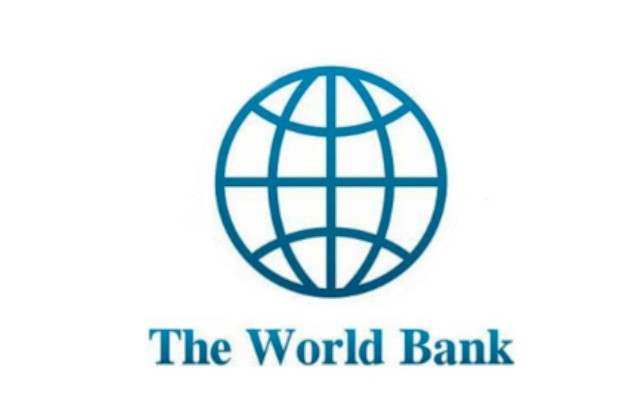Business
World Bank Links Building Collapse To Poor Regulation

World’s apex banking institution, the World Bank, has attributed the frequent building collapse in Nigeria, especially in Lagos State, to gaps and loopholes in the permitting process and the use of unqualified professionals in the design and construction of buildings.
World Bank also listed the absence of a legally adopted building design code, limited land available for development, and lack of systems to ensure the quality of construction materials among reasons buildings cave in regularly in Lagos, and other parts of the country.
The institution made the revealation in its recent report on housing regulatory framework standards in sub-Saharan Africa, which was obtained on Monday.
According to the bank, only about 10 per cent of construction sites obtain permits, and even when permits are obtained, final construction can still deviate from their requirements.
The World Bank noted that as a result of failure in regulation, building collapses occur during the rainy season due to construction on inappropriate sites and/or flood damage to foundations and structures.
It also stressed that the building control authorities were under-resourced and lacked adequate transportation and equipment to carry out effective site monitoring and inspection.
To resolve this, the World Bank proposed collaboration between the government and private sector, as well as bottom-up outreach to inform communities about the risks associated with low-quality construction and design.
By: Corlins Walter
Transport
Automated Points Concession : FAAN Workers Gave 72hrs To Revise Decisions In PH

Transport
FAAN Announces Pick-Up Points for Go-Cashless Cards

Business
Fidelity Bank To Empower Women With Sustainable Entrepreneurship Skills, HAP2.0
-

 News4 days ago
News4 days agoAmend Constitution To Accommodate State Police, Tinubu Tells Senators
-

 Politics4 days ago
Politics4 days agoSenate Urges Tinubu To Sack CAC Boss
-
Business4 days ago
Crisis Response: EU-project Delivers New Vet. Clinic To Katsina Govt.
-
Business4 days ago
President Tinubu Approves Extension Ban On Raw Shea Nut Export
-

 News4 days ago
News4 days agoDisu Takes Over As New IGP …Declares Total War On Corruption, Impunity
-
Business4 days ago
Fidelity Bank To Empower Women With Sustainable Entrepreneurship Skills, HAP2.0
-
Business4 days ago
President Tinubu Extends Raw Shea Nuts Export Ban To 2027
-
Sports4 days ago
NDG: Rivers Coach Appeal To NDDC In Talent Discovery

